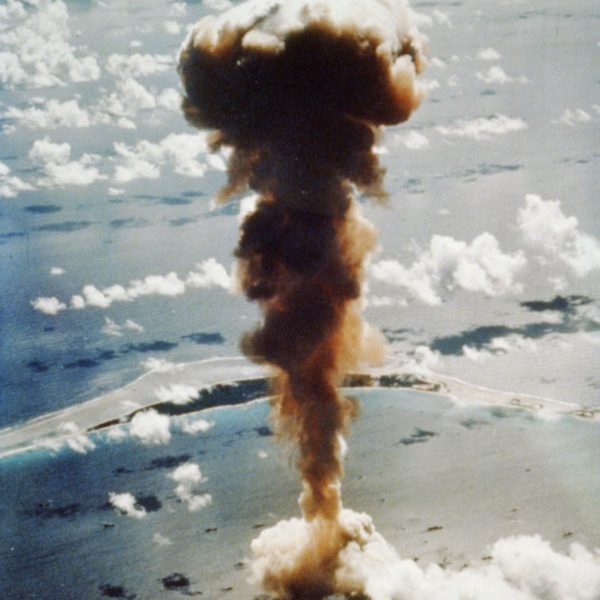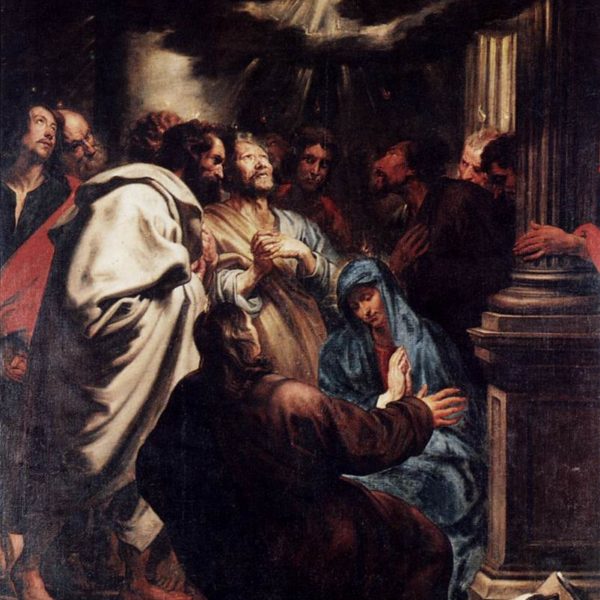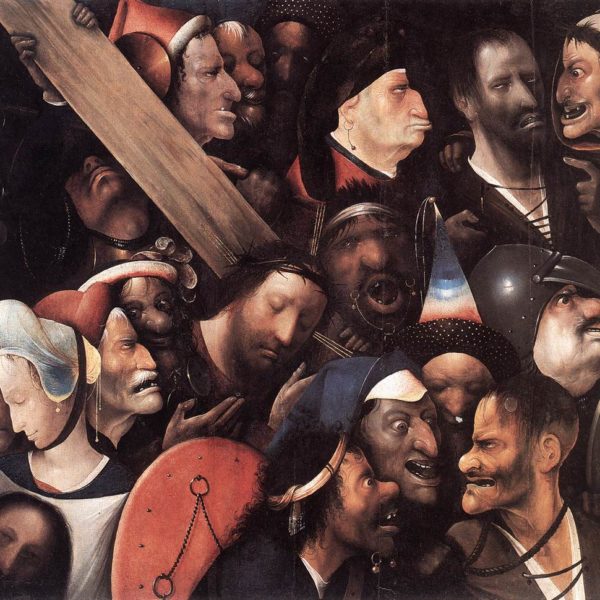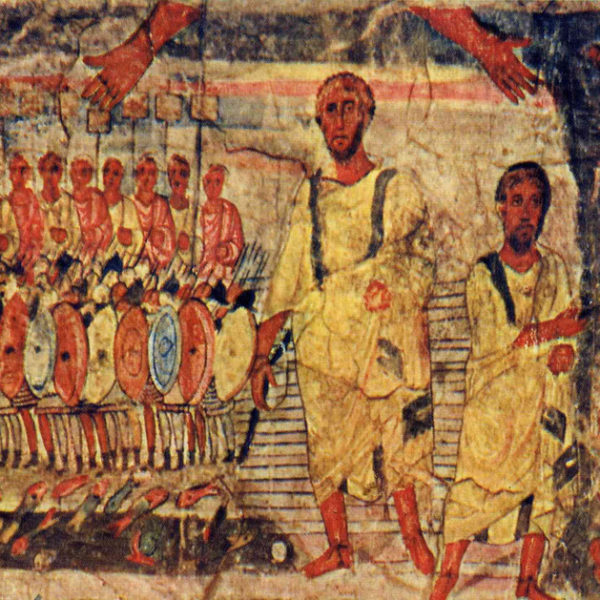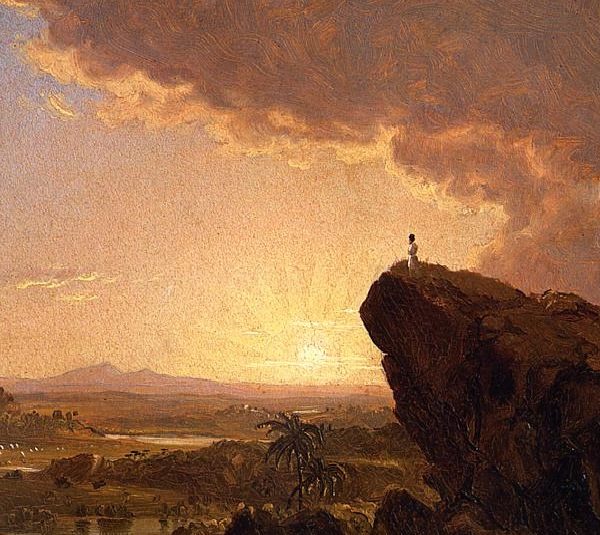
The descendants of Abraham, Isaac, and Jacob cried out for deliverance, and Yahweh heard them (Exodus 2:23). Notice carefully: Yahweh did not offer to comfort the Hebrews. Yahweh did not tell them to endure their situation because things would all work out in the end, or because after death they would be “in a better place.” Instead, Yahweh acted on covenant promises made with their ancestors by entering history.
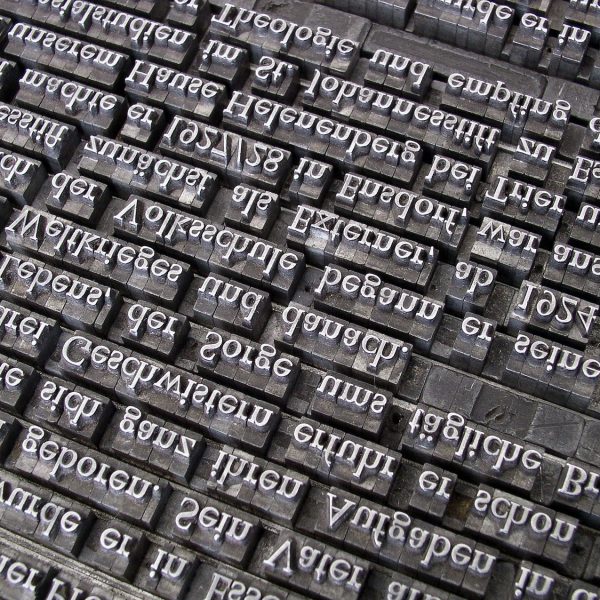
Our political theology is strengthened by trusting that the words of the Son of Man are a fleshly restatement of what is divinely just and good and holy and lovely. Because Christ has come and his presence is with us, God’s words are even more accessible to us.
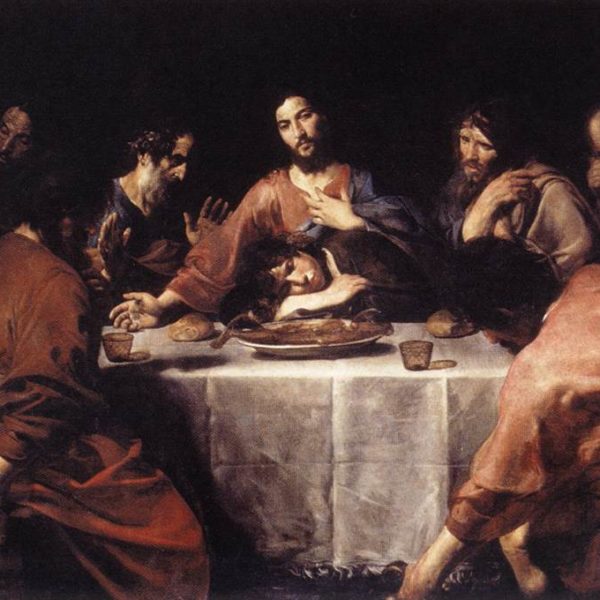
In maintaining a faithful Christian presence in the political realities of this age, few things are more important than living and acting in God’s good time, being people who find their life in the living memory of a sustaining past, who patiently wait in hope for a promised future, and who are kept in the present through faith in the daily mercies of One who is the same yesterday, today, and forever. Christ’s institution of a memorial helps us to do just this.
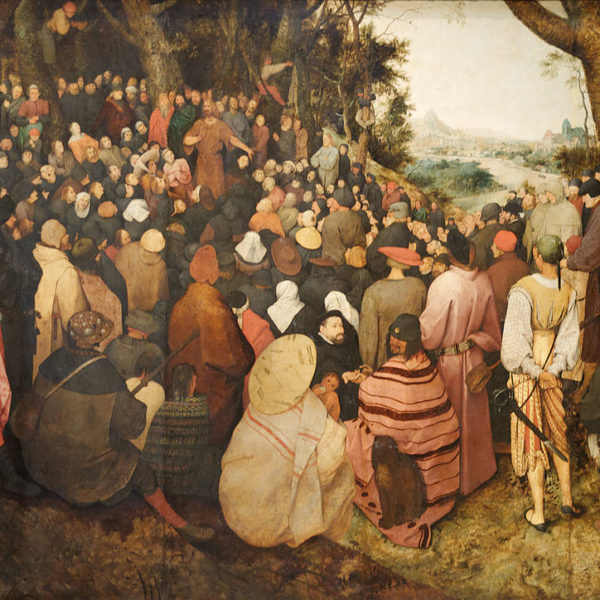
At moments of crisis, it can be the responsibility of committed individuals to secure and represent the self-understanding of the community or nation to which they belong, to provide the seed from which the entire social body can be renewed. Within easily neglected political dimensions of the baptism of John we may be recalled to our potential and vocation as political individuals in this regard.

Our discomfort with the notion of God visiting the sins of parents upon their children may lead us to avoid wrestling with Exodus 20:5-6. This would be a mistake. This reference occurs in the context of the prohibition upon idolatry and challenges both our attempts to sanitize God and our idolization of our children.
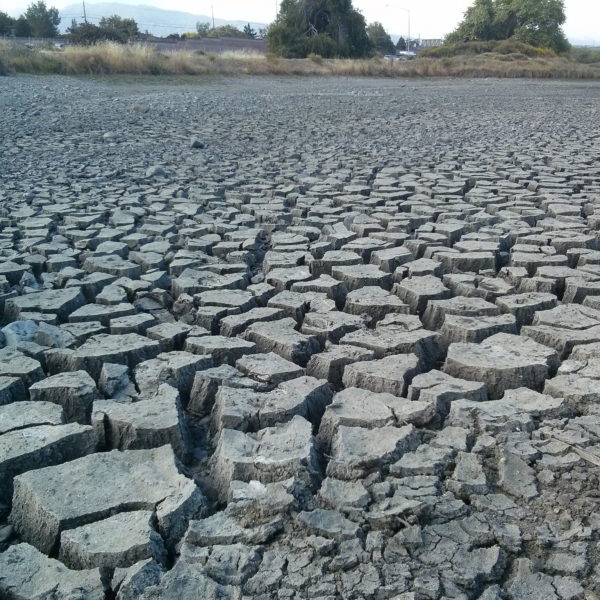
Israel’s experience of thirst in the wilderness should draw our attention to the experience of those for whom thirst and lack of water is a reality of life in our own day. We must identify and address some of the ways in which we are complicit in the forms of injustice that produce such a situation.
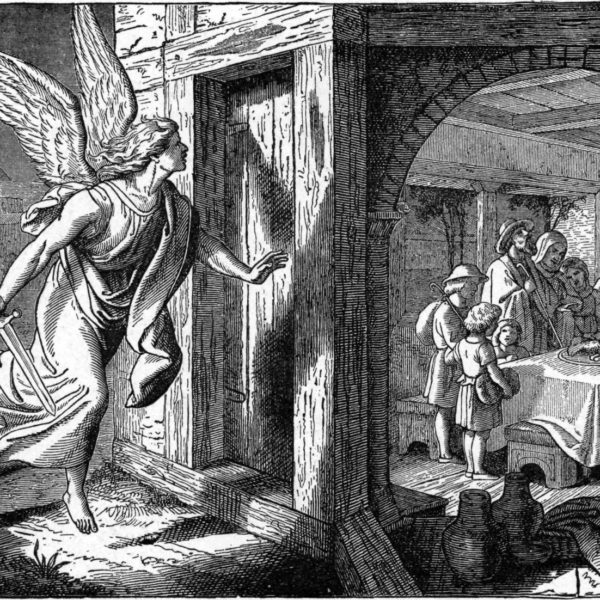
In the Passover we find a myth of the foundation of a nation that differs markedly from the contractarian myths of the Western liberal tradition. It disclosure of the sacrificial basis of the political order offers us a hermeneutical key for understanding the roots of our own nations and helps us to understand how we might be established as communities of faithful witness to them.
